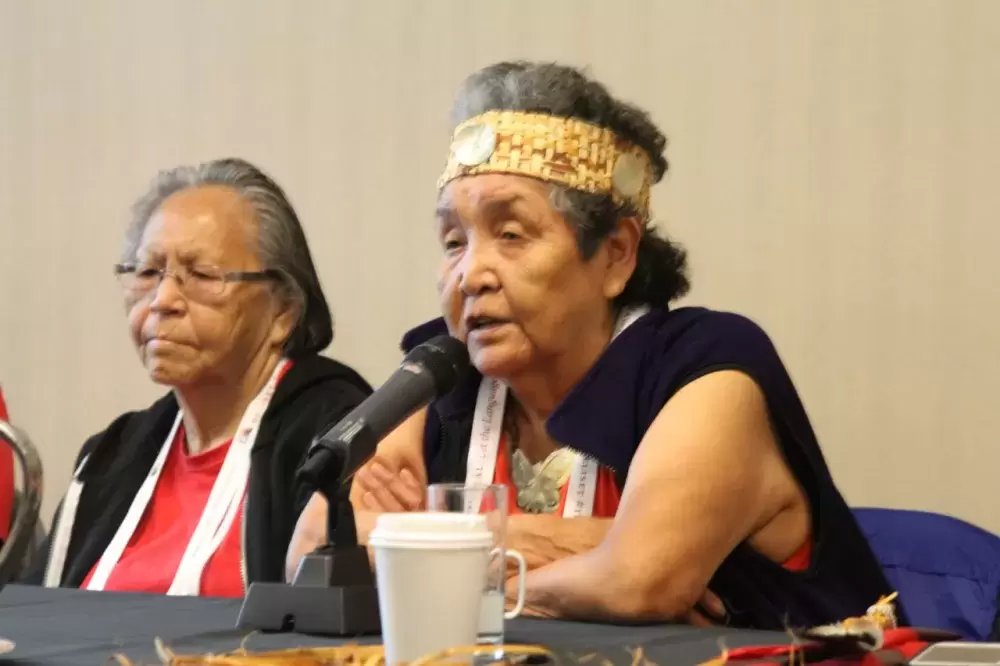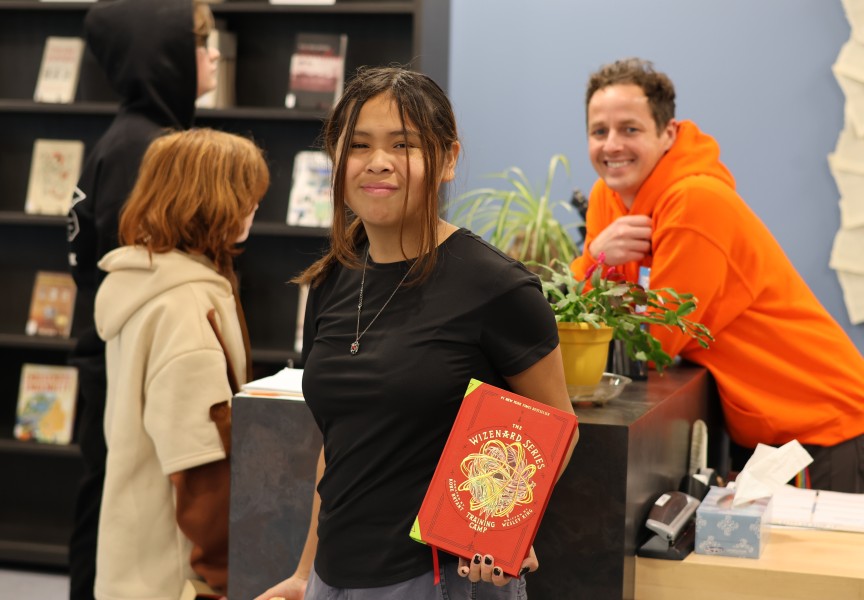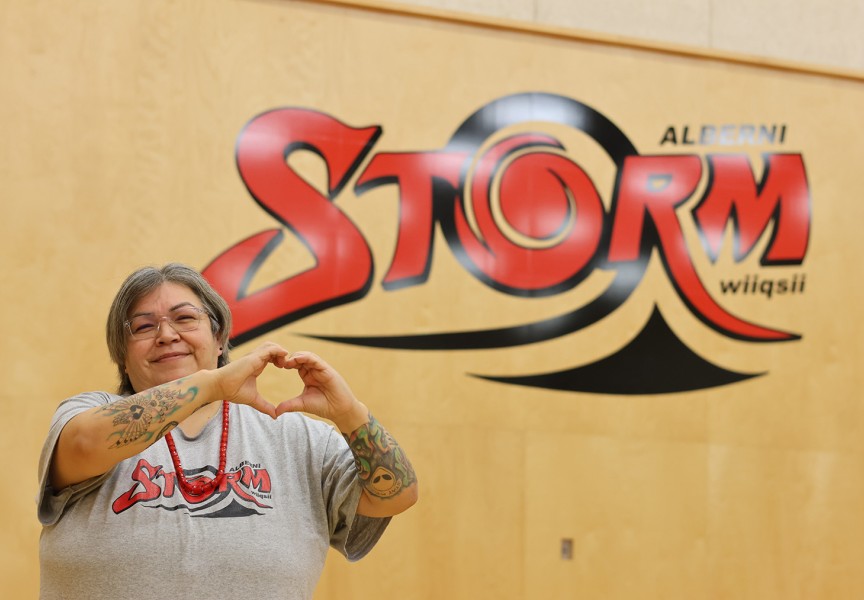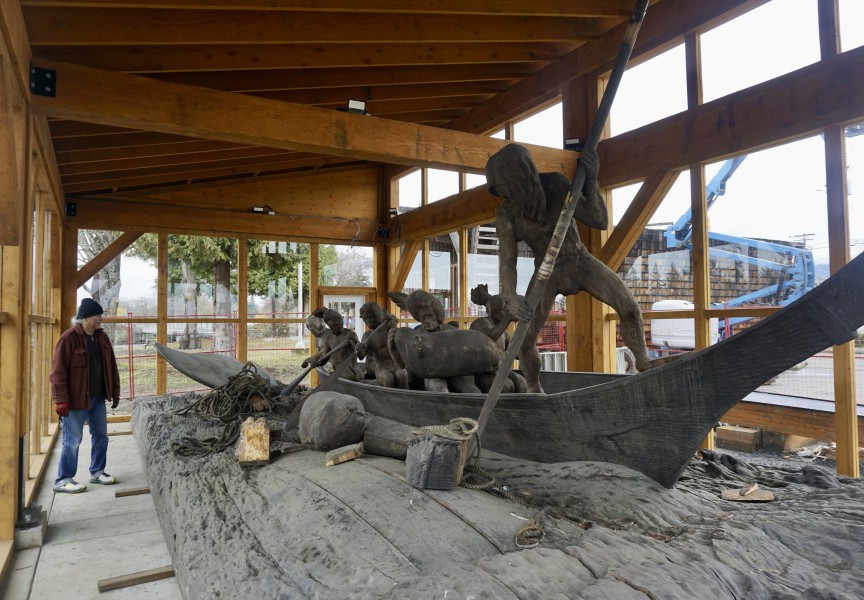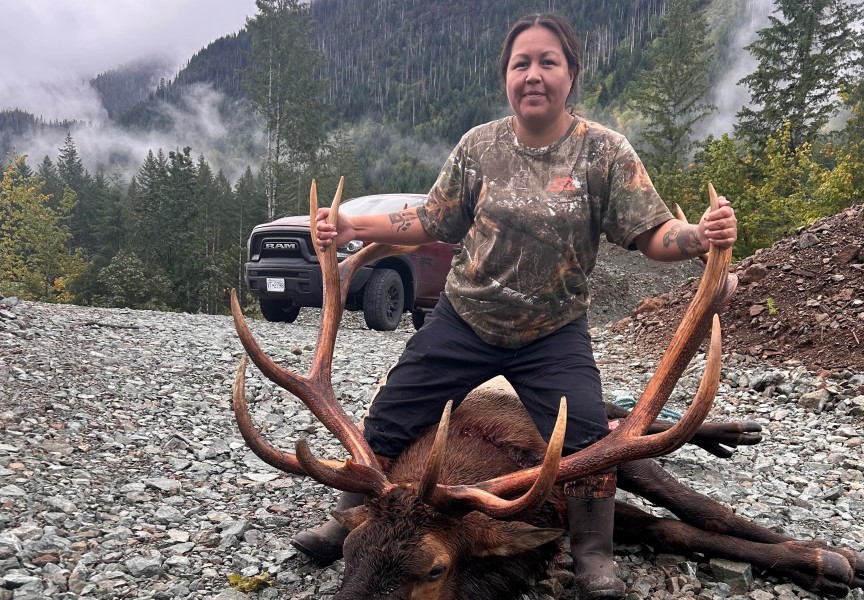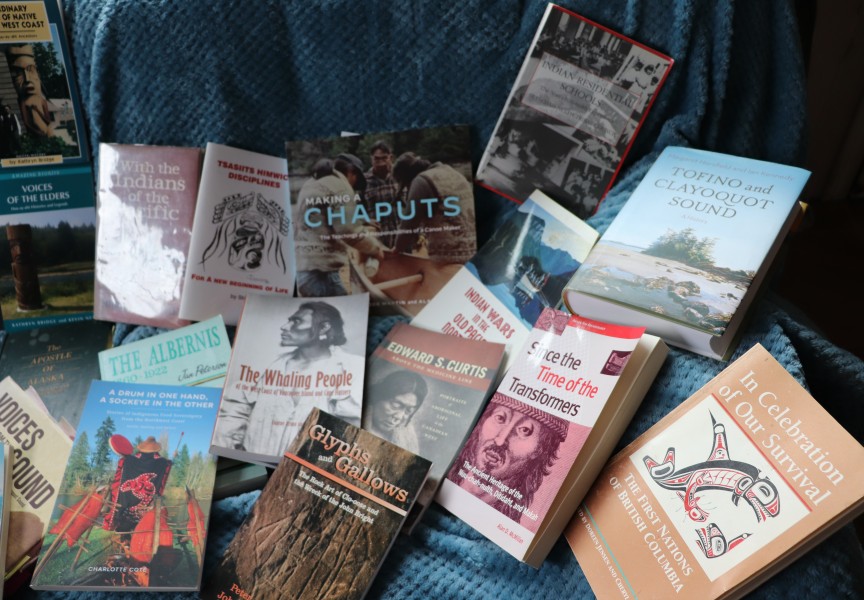More than 1,000 delegates from twenty countries arrived in Victoria B.C. to celebrate Indigenous languages and to explore language preservation strategies last week.
The United Nations declared 2019 the year of Indigenous Languages, allowing for organizers to stage one of the largest Indigenous languages conferences in Canada.
HELISET TŦE SḰÁL – ‘Let the Languages Live’ – 2019 International Conference on Indigenous Languages was co-hosted by the First Peoples’ Cultural Foundation (FPCF) and the First Peoples’ Cultural Council (FPCC), in partnership with the Canadian Commission for UNESCO.
Its goal was to celebrate Indigenous languages worldwide and support language revitalization in urban and rural areas.
The doors to the Victoria Conference Centre opened June 23 with greeters welcoming their guests. They guided them through the massive venue in the heart of downtown Victoria.
Billed as a global gathering organized by and for Indigenous people to support language revitalization, the event brought together people of all ages and all stages of fluency in their mother tongues.
Many Nuu-chah-nulth delegates were in attendance, showcasing the work that they are doing in their communities to preserve and reinvigorate Nuu-chah-nulth languages.
Delegates came from around the world and were made up of Indigenous leaders and advocates in language, policy and academia. There were keynote speakers that talked about the current state of Indigenous languages and the importance of building new speakers for the next generations.
Break-out group sessions and panel discussions allowed experts to share expertise in Indigenous language reclamation, revitalization and maintenance. There were workshops that explored the stories and successes of various language revitalization groups, or shared the latest technology and software for recording languages.
Emcee Racelle Kooy gave a brief overview of what would be happening at the conference and was pleased to announce that Bill C-91, the Indigenous Languages legislation, received royal assent just a few days earlier, on June 2. It is a bill, she said, that would ensure that we have our languages for the next generations.
Frank George Sr., an elder from the host nation Lekwungen, welcomed the people to his territory. He noted that the work people are doing to save the languages is important because, he said, it has almost all been lost due to Indian residential and day schools.
Gary Sam, councillor for the host nation, said that just over a year ago his nation had one fluent speaker who was in his 80s.
“We have language classes every week at the Songhees Wellness Centre; our language was sleeping but now we’re bringing it back,” he said, adding that they still need everybody to participate.
Tracy Herbert, CEO of the First Peoples Cultural Council, which co-hosted the conference, noted that there are 203 First Nations in British Columbia and more than half of Canada’s Indigenous languages are in the province.
“Many provinces don’t provide funding or resources to save indigenous languages,” she said.
But the BC Government committed $50 million for language revitalization. In February 2019 the province announced it was making the investment in Indigenous languages to reverse the disruption from Canada’s history of colonization and residential schools.
Herbert thanked the provincial government for the much-needed support saying that for the past decade, the FPCC operated on a shoe-string budget.
“In BC we’ve become leaders in language revitalization,” she said.
Following a dance performance by Wsenac, the cultural teacher had this to say, “Language allows us to think and act the way our old people did.”
He asked people to pray in their languages and to have a good feeling of how our language will bring us back to the old ways of how we took care of everything.
Keynote speakers included Perry Bellegarde, national chief of the Assembly of First Nations, and Dr. Lorna Williams, a University of Victoria professor emerita of Indigenous Education.
BC Regional Chief Terry Teegee said that saving languages and using them supports vibrant communities. Bringing them back will help translate our history and our truth.
“Over 150 years our languages are critically endangered by colonial practices – there are very few fluent speakers left,” said Teegee.
He noted that the United Nations has established that languages are a fundamental human right. He said the chiefs are working hard to bring the languages back but are under-resourced.
Teegee called up the provincial government to develop legislation to protect Indigenous languages.
The chiefs, said Teegee, will continue to work to decolonize the nations.
“The next chapter hasn’t yet been written. We will write it and it will be the best 150 years,” he vowed.

